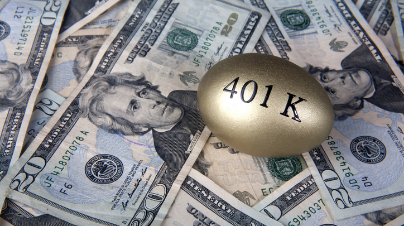Retirement is a significant milestone in one’s life, and it’s crucial to plan for it wisely. One common question that arises when considering early retirement is, “What happens to my social security if I retire at 55?” This question is particularly relevant when considering what age for early retirement is most beneficial.
In this blog post, we’ll delve into the implications of retiring at 55 on your Social Security benefits. We’ll also explore the factors you need to consider when deciding what age for early retirement is right for you.
Understanding Social Security Benefits
Before we dive into the specifics of retiring at 55, let’s first understand how Social Security benefits work. The Social Security Administration (SSA) calculates your benefits based on your highest 35 years of earnings. If you’ve worked less than 35 years, the SSA will factor in zero-earning years, which could significantly reduce your benefit amount.
The earliest age you can start receiving social security retirement benefits is 62. However, if you choose to start receiving benefits before your full retirement age (which ranges from 66 to 67 depending on when you were born), your monthly benefit amount will be reduced.
Implications of Retiring at 55 on Your Social Security Benefits
So, what happens to my Social Security if I retire at 55? Simply put, retiring at 55 does not mean that you can start receiving Social Security benefits immediately. You would still have to wait until at least age 62 to begin claiming these benefit under the current law.
Moreover, because you’re retiring early and potentially reducing the number of high-earning years factored into your benefit calculation, this could result in a lower monthly benefit amount once you do start receiving Social Security.
Furthermore, if you decide to claim your benefits as soon as they become available at age 62, your benefits will be permanently reduced by a certain percentage for each month before your full retirement age. This reduction could be as much as 30% if your full retirement age is 67.
Factors to Consider When Deciding What Age for Early Retirement is Right:
1. Health and Life Expectancy: If you’re in poor health or have a shorter life expectancy, it might make sense to retire early and start receiving Social Security benefits as soon as possible.
2. Financial Needs: If you have sufficient savings or other sources of income, you might not need to rely heavily on Social Security benefits in your early retirement years.
3. Employment Opportunities: If you’re considering part-time work during retirement, this could supplement your income until you reach the age to claim full Social Security benefits.
4. Future Benefit Amount: Remember that the longer you delay claiming your Social Security benefits (up until age 70), the higher your monthly benefit amount will be.
Conclusion
Retiring at 55 can offer many advantages, such as more leisure time and less work-related stress. However, it’s important to understand that this decision could significantly impact your future Social Security benefits.
Before deciding what age for early retirement is right for you, consider factors like your health status, financial needs, employment opportunities during retirement, and desired future benefit amount. It’s also advisable to consult with a financial advisor who can provide personalized advice based on your unique circumstances.
Remember that planning for retirement isn’t just about choosing the right age; it’s about ensuring that you have enough resources to support yourself throughout this new phase of life. So take the time now to plan wisely and secure a comfortable future for yourself!



